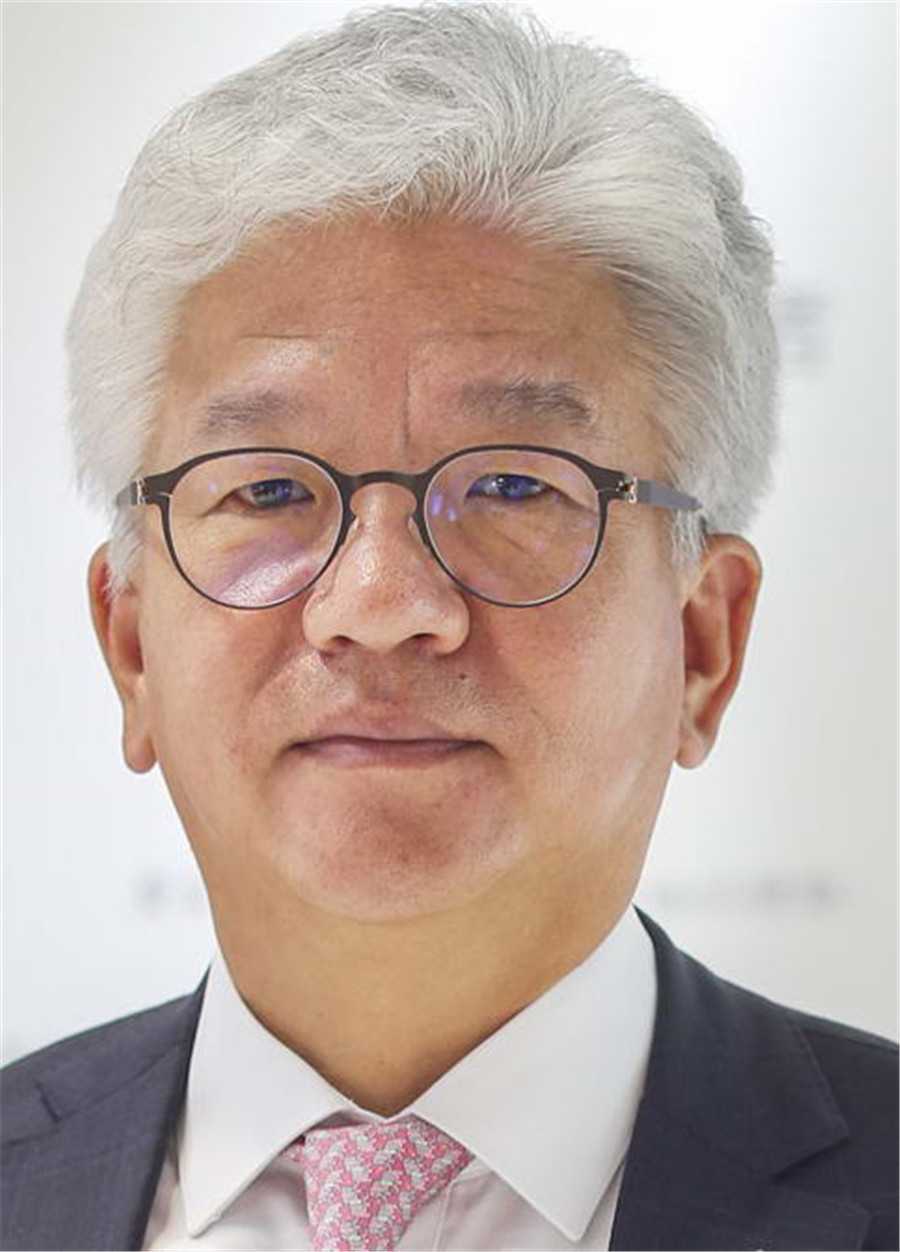Amorepacific mines beauty from e-commerce, charity


A divergence of customer preference is clearly emerging. Young Chinese consumers are willing to pay more for high-quality items and services. "Therefore, we are investing heavily on enhancing immersive experience in the premium product line, such as the spa services in our Sulwhasoo storefronts," he said.
At the same time, small-town youngsters form a new growth point for the industry with 7.8 percent year-on-year growth in spending in 2018, according to consultancy Kantar Worldpanel.
Online sales of beauty products, including cosmetics and personal care, in small towns soared 38 percent in 2018, double the growth rates in big cities.
To harness such a trend, Amorepacific has enhanced its mass market offerings both online and offline. It is also looking to leverage a wide array of social media apps from Douyin, Kuaishou to Bilibili, to tap into the emerging consumer group who generally have more spare time watching content streamed online.
"Emerging beauty trends normally debut online. In the foreseeable future, companies in other sectors are likely to follow suit and invest in the marriage of digitalization and customization," said Jason Yu, general manager of consultancy Kantar Worldpanel China.
Kao doesn't feel like being shackled to his brightly-lit office in downtown Shanghai, making decisions purely based on data and research reports. Rather, he embarks on trips to the country's inland cities and talks to beauty assistants and local shoppers for first-hand feedback and insights.
That's his guiding principle for not only business operations but philanthropic endeavors. Under a project dubbed "Make Up Your Life", Kao led his team to seven impoverished townships across five provinces, overseeing free cervical and breast cancer screening examinations for more than 70,000 women.
Joining hands with the China Women's Development Foundation, the company, since 2016, has spent 38 million yuan so far not just conducting checkups and health-related lectures, but hosting regular charity sales, fund-raisers, and classes teaching skin care and makeup skills to those who had undergone surgeries.
Kao said he is mulling introduction of more diverse corporate social responsibility programs in China, such as a women empowerment project aiming to equip those with relatively low income with professional capabilities in training, career path, and even financing.
Asked about the secret of staying refreshed in light of his packed schedules, Kao said: "It's the magic of the beauty industry."



































